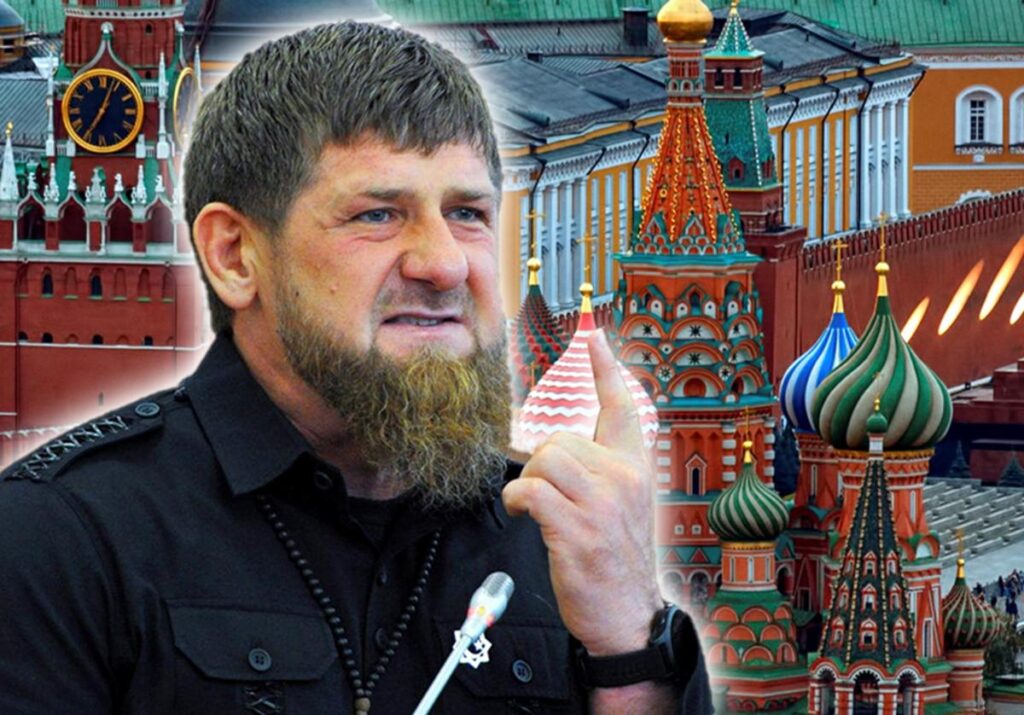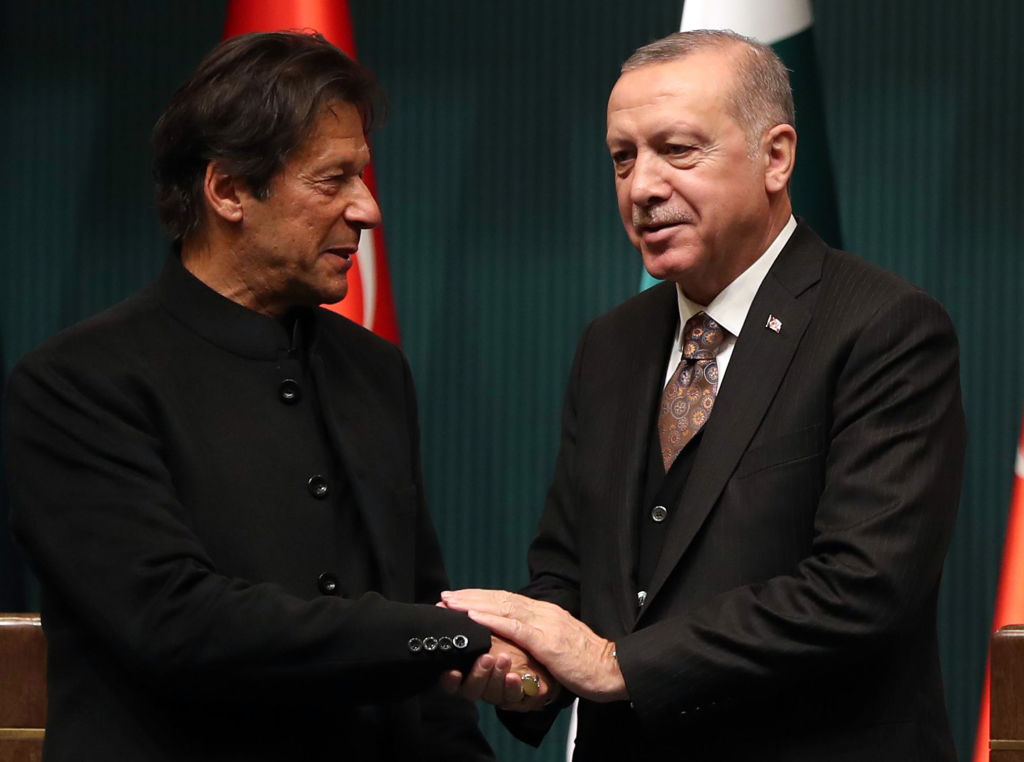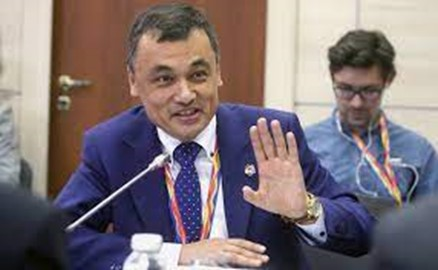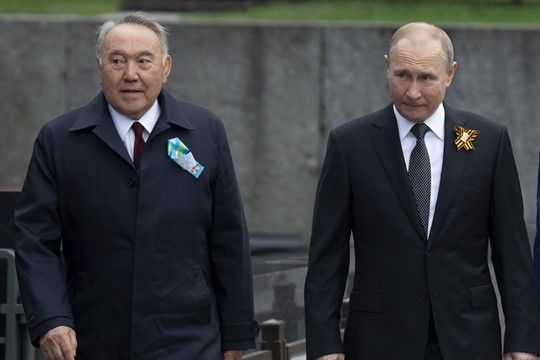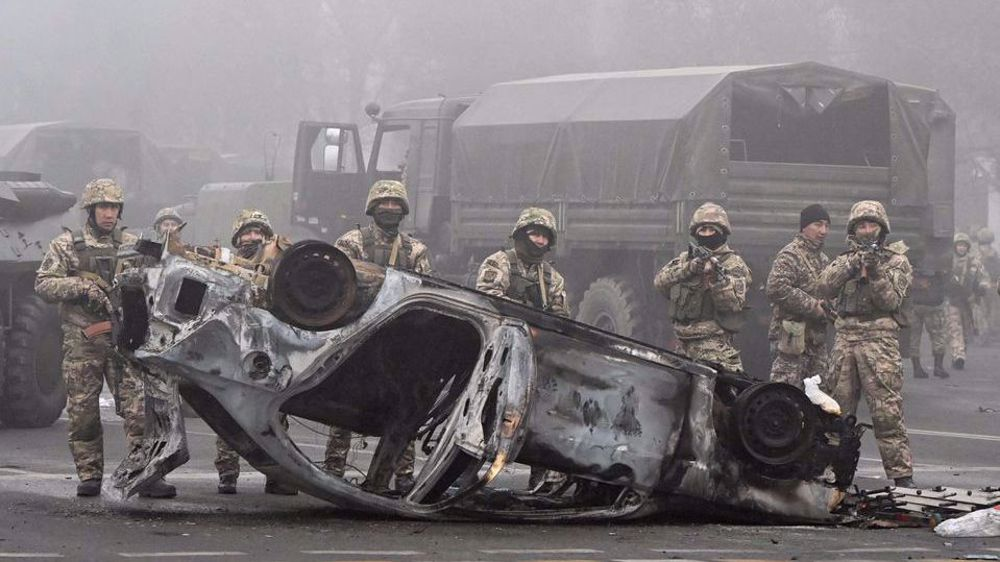With Russian Route Blocked, Uzbekistan Looks to Indian-Iranian-Afghan Chabahar Port Project
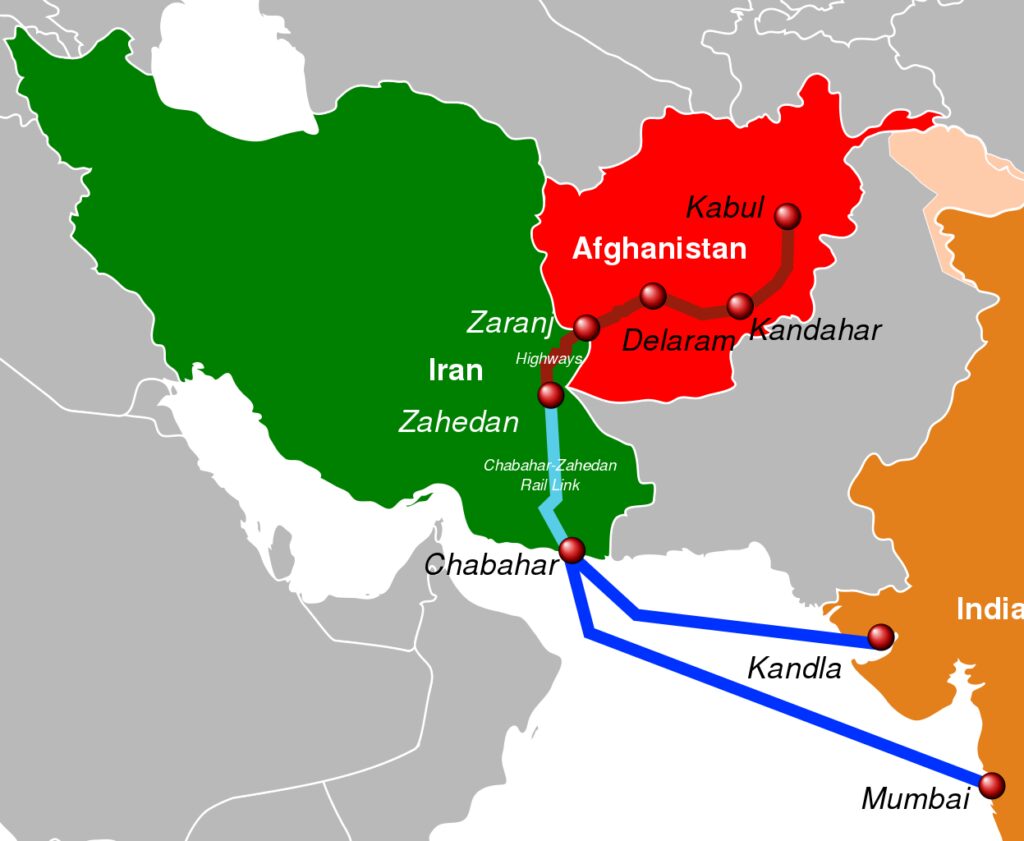
The Russo-Ukraine war, the extensive Western sanctions against Russia, and the growing possibility that European border states will block east-west transit corridors traversing Russian territory into Europe are having far-reaching implications for the landlocked countries of Central Asia, which have historically relied on road and rail corridors through Russia to reach markets there and beyond. Prior to the war, Russia, Ukraine, Poland and Belarus had all hoped to be part of the “New Eurasian Land Bridge” linking Europe to East Asia. But those aims were derailed when Russian President Vladimir Putin ordered the full-scale re-invasion of Ukraine on February 24. This has created a severe headache for China, endangering as it does its Belt and Road Initiative’s (BRI) northern route, which crossed Russia and the Black Sea via Central Asia (South China Morning Post, March 12).

